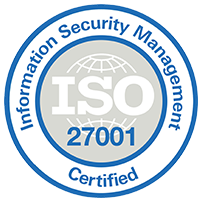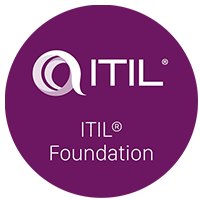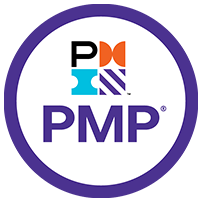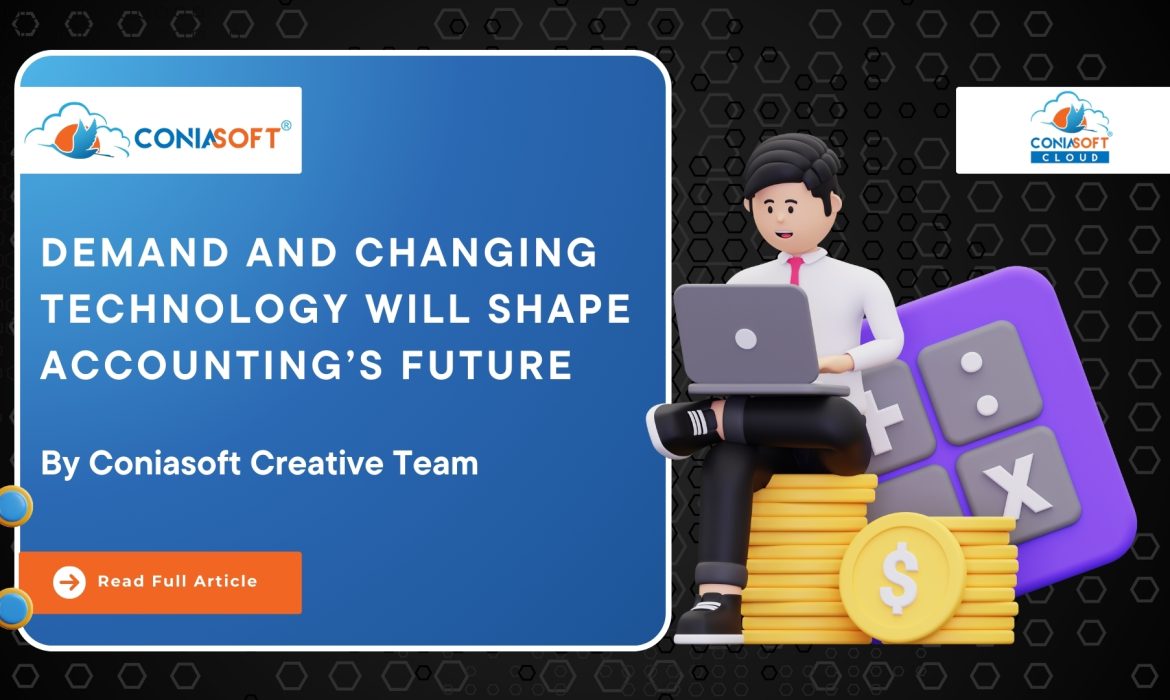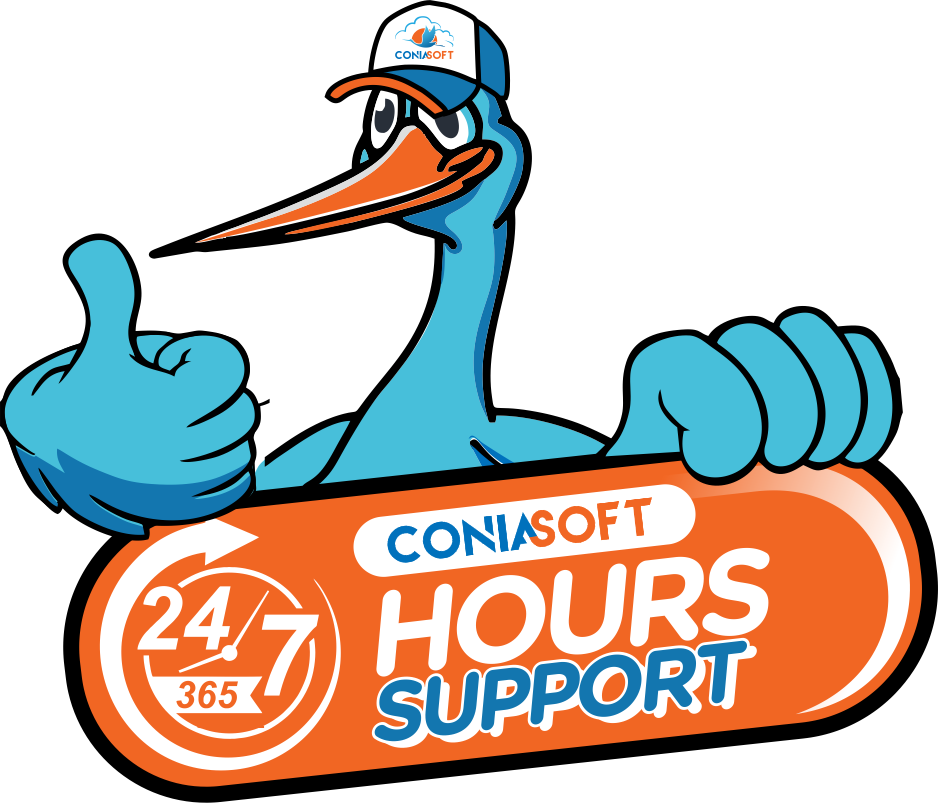The development of technology is hastening the transformation of the accounting sector. For instance, a Forbes article states, “Automation, minibots, machine learning, and adaptive intelligence are becoming part of the finance team at lightning speed” at consulting giant Accenture.
Although intelligent technology can appear novel, many businesses currently employ simple automated accounting procedures. According to Forbes, accounting duties and processes like supplier onboarding, accounts payable, audits, procurement, purchasing, expenditure management, closure processing, and customer inquiries can be automated or made more efficient.
The future of accounting is being shaped by intelligent technology, which is changing the kinds of occupations that will be available. Humans will do more analysis as automated technologies handle the routine tasks, acting as the vital link between data and clients. The future job of the accountant and the need for accountants will both be impacted by technology. One option is to try ConiaSoft, an accounting programme that promotes efficiency in managerial accounting, data analytics, and advanced financial reporting. This will help people better understand new integrated accounting technologies and advanced analysis techniques. Compare features, costs, and reviews, test providers, organise files and folders, share responsibly, and interact successfully with collaborators and clients to maximise cloud storage for collaboration and file sharing. Use communication technologies like chat or video conferencing to discuss work, get feedback, and settle disputes.
Accounting professionals and clients may now analyse data and make wise decisions thanks to the growing trend of cloud computing, which provides rapid access to resources and ongoing information updates. The future of accounting is moving towards cloud-based solutions as IoT, AI, and machine learning are incorporated into cloud computing. Audits, tax preparation, banking, and payroll procedures are all completely automated thanks to the availability of automated data entry and reconciliation alternatives from major software providers. RPA is also utilised to speed up the processing of contracts and audits, allowing larger businesses to provide higher-level services more efficiently.
A new accounting ledger known as blockchain technology, which uses cryptocurrencies, is gaining popularity. Accountants find it appealing because it enables real-time access to logs, intelligent contracts, and transaction logging. Blockchain technology is already being used by several accounting companies, including the Big Four, demonstrating its potential for ongoing updates and verification without potential corruption.
To be competitive and serve clients with the most recent financial analyses, upcoming accounting professionals must be tech-aware to adjust to the industry’s changing needs. They will use blockchain technology and cloud-based systems to do this. Administrative, managerial, and analytical work must be automated, and many accountants may assume advising positions. It is essential to be knowledgeable about data mining and data science methodologies. Programmes and strategies for data visualisation are crucial for transforming data into insights for customers and business executives. Strategic advice for clients or organisations can be provided via predictive analytics and forecasting. Automation will provide accountants more time to use their advanced analytical abilities and concentrate on more arduous duties.
The state of the economy in many countries, globalisation, and rising regulations all impact the demand for accounting professionals in the future. In line with the average for all occupations, the U.S. Bureau of Labour Statistics projects a 4% increase in job opportunities for accountants and auditors between 2019 and 2029. Accountants are ranked number 13 on U.S. News & World Report’s list of the best business jobs for 2021. According to Accounting Today, technology cannot resolve client issues that accountants handle. Instead, accountants will have the chance to acquire advanced abilities that will enable them to act as business advisers and strategic partners rather than just financial experts.
Undoubtedly, intelligent technology, such as machine learning, AI, and blockchain, is altering accounting. Darwinian or technological evolution both carry the risk of leaving people who are unwilling to adapt behind.
Future accounting positions will need committed experts willing to develop with the sector. Stay caught up; find out how to connect on ConiaCloud to learn the skills you need to advance your job.


